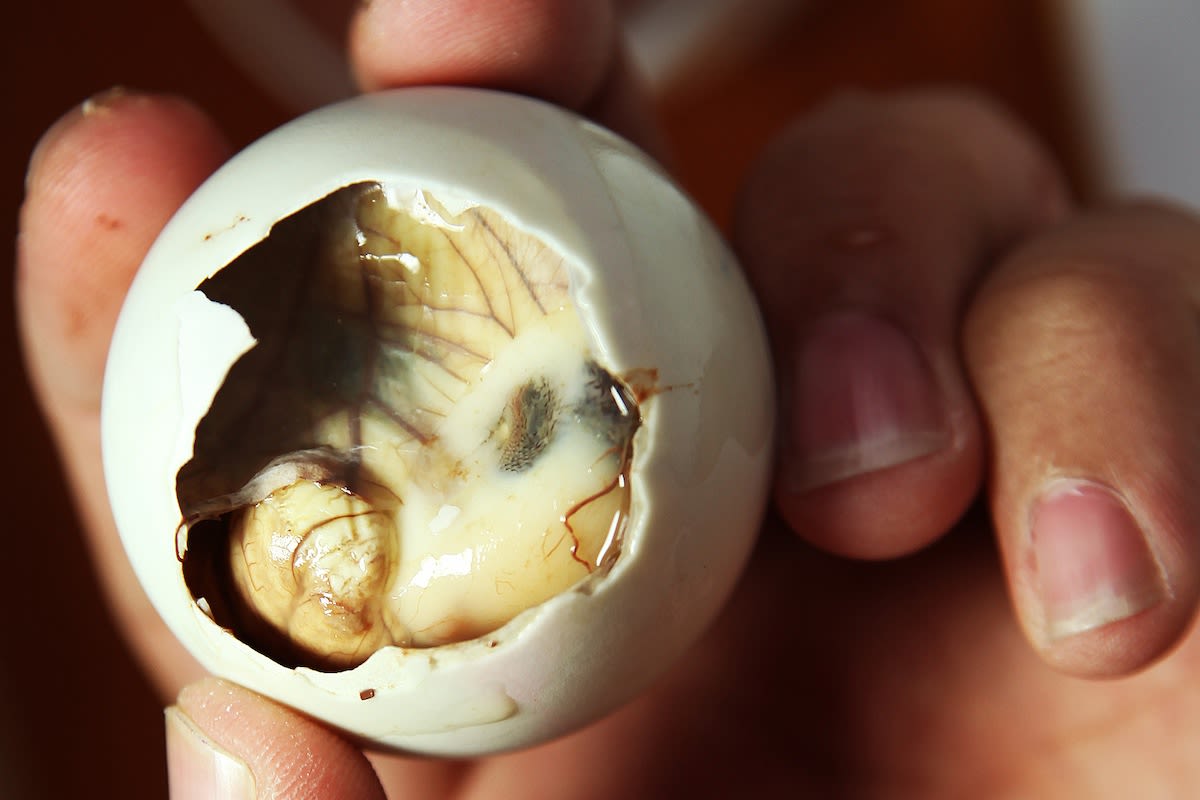
What is McCusick Syndrome? McCusick Syndrome, also known as McCusick-Kaufman Syndrome, is a rare genetic disorder that affects the development of the female reproductive system and kidneys. First described in 1971 by Victor A. McKusick, this condition is inherited in an autosomal recessive manner. This means a person must inherit two copies of the mutated gene, one from each parent, to show symptoms. The syndrome involves mutations in genes, particularly those in the WNT4 signaling pathway, crucial for developing the Müllerian ducts and kidneys. Symptoms can vary but often include reproductive and urinary tract issues. Early diagnosis and proper management can significantly improve the quality of life for those affected.
Key Takeaways:
- McCusick Syndrome is a rare genetic disorder affecting the female reproductive system and kidneys. It can lead to infertility, urinary tract issues, and gastrointestinal symptoms, but proper management can improve quality of life.
- Genetic counseling, ongoing research, and support groups are crucial for understanding and managing McCusick Syndrome. Surgical interventions, medical management, and reproductive options play a key role in improving the lives of those affected.
What is McCusick Syndrome?
McCusick Syndrome, also known as McCusick-Kaufman Syndrome, is a rare genetic disorder. It affects the development of the Müllerian ducts and kidneys. Let's dive into some key facts about this condition.
-
Definition and Classification
McCusick Syndrome is a congenital anomaly that impacts the Müllerian ducts and kidneys. The Müllerian ducts form the female reproductive system, while kidneys filter waste from the blood. -
Genetic Basis
Mutations in genes, especially those in the WNT4 signaling pathway, cause McCusick Syndrome. This pathway is crucial for developing the female reproductive system and kidneys. -
Inheritance Pattern
The syndrome follows an autosomal recessive inheritance pattern. Individuals need two copies of the mutated gene, one from each parent, to express the condition. -
Prevalence
McCusick Syndrome is extremely rare. Its exact incidence is hard to determine due to its rarity and potential for undiagnosed cases.
Clinical Features and Symptoms
Understanding the clinical features and symptoms can help in early diagnosis and management.
-
Müllerian Duct Anomalies
Common anomalies include a bicornuate uterus (heart-shaped), uterine septum (tissue wall separating the uterus), vaginal atresia (absent or partially developed vagina), and ovarian dysgenesis (abnormal ovarian development). -
Renal Anomalies
Renal anomalies may include renal agenesis (absence of one or both kidneys), renal dysplasia (abnormal kidney development), and hydronephrosis (kidney swelling due to fluid accumulation). -
Reproductive Issues
Individuals may face infertility, menstrual irregularities, and pregnancy difficulties due to Müllerian duct anomalies. -
Urinary Tract Issues
Recurrent urinary tract infections, kidney stones, and other complications can arise from renal anomalies. -
Gastrointestinal Issues
Some individuals may experience gastrointestinal symptoms like constipation or abdominal pain.
Diagnosis and Management
Proper diagnosis and management are crucial for improving the quality of life for those affected.
-
Diagnostic Criteria
Diagnosis involves clinical evaluation, imaging studies like ultrasound, MRI, and CT scans, and genetic testing to confirm mutations in relevant genes. -
Symptoms
Symptoms vary widely but often include reproductive, urinary tract, and gastrointestinal issues. -
Complications
Complications can be significant, including reproductive challenges, increased risk of urinary tract infections, and potential gastrointestinal issues. -
Management and Treatment
Management focuses on addressing symptoms and complications. This may involve surgical interventions, medical management, and reproductive counseling. -
Prognosis
Prognosis varies depending on the severity of anomalies and treatment effectiveness. Some individuals may lead relatively normal lives with proper management.
Genetic Counseling and Research
Genetic counseling and ongoing research are vital for understanding and managing McCusick Syndrome.
-
Genetic Counseling
Genetic counseling helps families understand the inheritance pattern, risk of passing the condition to offspring, and the importance of genetic testing. -
Prenatal Diagnosis
Prenatal diagnosis is possible through advanced imaging techniques, though accuracy can be limited by the complexity of anomalies. -
Ethical Considerations
Ethical considerations arise in reproductive choices. Comprehensive counseling helps individuals and couples make informed decisions. -
Research and Advances
Ongoing research aims to better understand genetic mechanisms and develop more effective treatments. Advances in genetic testing and imaging have improved diagnostic accuracy.
Support and Awareness
Support groups and awareness efforts play a crucial role in managing McCusick Syndrome.
-
Support Groups
Support groups provide emotional support, practical advice, and a sense of community for affected individuals and families. -
Awareness and Education
Raising awareness is crucial for early diagnosis and effective management. Education programs help disseminate information about this rare condition. -
Clinical Trials
Participation in clinical trials offers access to cutting-edge treatments and contributes to medical knowledge. Trials aim to develop more effective therapies. -
Psychological Impact
Living with a rare genetic disorder can have a significant psychological impact. Mental health support is essential for addressing emotional challenges.
Treatment and Care
Effective treatment and care require a multidisciplinary approach.
-
Surgical Interventions
Surgical procedures, like uterine septum resection or renal repair, can significantly improve quality of life by addressing specific anomalies. -
Medical Management Strategies
Medical management includes antibiotics for urinary tract infections, medications for kidney stones, and hormonal therapies for reproductive issues. -
Reproductive Options
Reproductive options vary widely. Some may opt for assisted reproductive technologies like IVF, while others may choose adoption or surrogacy.
The Road Ahead for McCusick Syndrome
McCusick Syndrome, a rare genetic disorder, affects the development of the Müllerian ducts and kidneys. Understanding its genetic basis, clinical features, and management strategies is crucial for improving patient care. With an autosomal recessive inheritance pattern, individuals need two copies of the mutated gene to express the condition. Symptoms vary widely, often including reproductive and urinary tract issues. Diagnosis involves clinical evaluation, imaging studies, and genetic testing.
Effective management focuses on addressing symptoms through surgical interventions, medical treatments, and reproductive counseling. Genetic counseling and prenatal diagnosis play vital roles in family planning. Ongoing research aims to uncover better treatments and diagnostic tools. Support groups and awareness programs help families navigate the challenges of this condition. Multidisciplinary care ensures comprehensive treatment, improving the quality of life for those affected. Advances in personalized medicine and gene therapy offer hope for the future.
Frequently Asked Questions
Was this page helpful?
Our commitment to delivering trustworthy and engaging content is at the heart of what we do. Each fact on our site is contributed by real users like you, bringing a wealth of diverse insights and information. To ensure the highest standards of accuracy and reliability, our dedicated editors meticulously review each submission. This process guarantees that the facts we share are not only fascinating but also credible. Trust in our commitment to quality and authenticity as you explore and learn with us.


